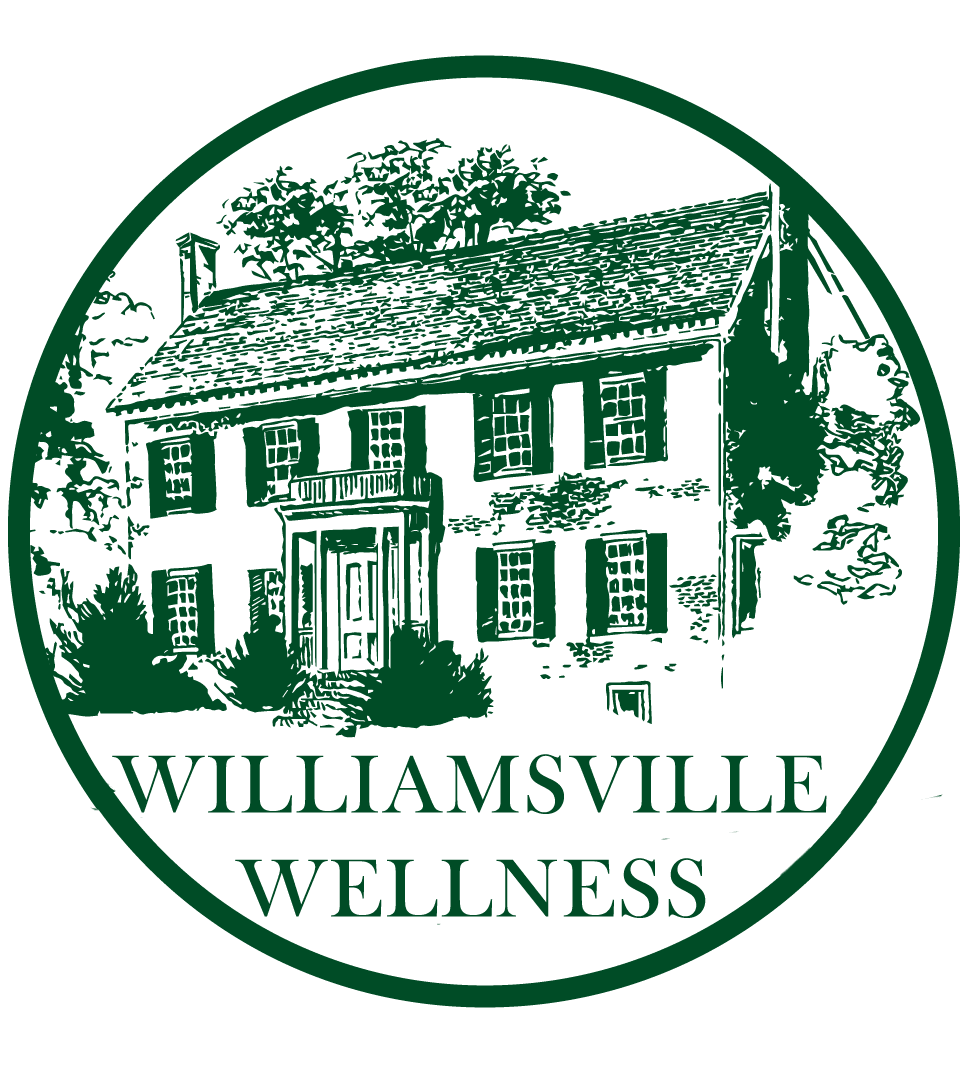How Long is Residential Rehab?

Residential rehab provides comprehensive treatment for individuals struggling with substance use disorder. While the amount of time you should expect to stay in a residential rehab facility varies, the goal is to be in a safe, supportive environment that allows for healing and recovery. Whether it’s an extended stay for 90 days or more, or a short-term stay for less than 30 days, there are several factors that play into determining how long your residential rehab program will be.
Average Length of Stay for Inpatient Rehab
Residential rehab programs are designed to meet the individual needs of each patient and typically last between 28 and 90 days, although most individuals, on average, stay for less than 30 days. The amount of time spent in rehab is determined by the individual’s progress, the severity of their addiction and co-occurring disorders, motivation for change, and type of treatment plan.
Some people may only need a short-term stay, while others may need a longer time frame to work through more complex issues. It’s important to note that the length of your stay can be extended beyond the initial plan if necessary, and many facilities offer aftercare programs for additional support.
Factors That Impact Rehab Length
Many factors play into determining the length of time you should spend in a residential rehab program, including:
- Type and severity of substance use disorder: People with more severe forms of addiction due to highly addictive substances like opioids, meth, and cocaine may require longer stays in rehab compared to marijuana.
- Co-occurring mental health disorders: Those with co-occurring mental health disorders such as depression, anxiety, or PTSD often require a longer stay to manage both the addiction and mental illness. Veterans of the U.S. Military may need 45 days of residential treatment due to co-occurring complex PTSD. In addition, individuals with more prominent co-occurring personality disorders such as borderline personality disorder (BPD), narcissistic personality disorder, or schizoid personality disorder may need longer residential treatment due to the complex nature of these conditions.
- Attitude towards treatment and recovery: Individuals with a positive attitude towards recovery will be more likely to receive the care they need in a shorter amount of time compared to those who are resistant.
- Continuum of care availability: If a facility offers a continuum of care, this can help reduce the length of the stay by providing additional support though outpatient and aftercare services.
- Drug use history: Those with long-term drug use issues may need to spend more time in the facility to develop new coping strategies and routines, and better manage co-occurring disorders.
- Support system at home: Having a supportive home environment, family members, and friends who are understanding of your recovery can help you make a successful transition after rehab.
Benefits of Long-Term Rehab
It’s important to note that the length of a residential rehab stay is only one part of overall recovery. Long-term treatment can help individuals make lasting lifestyle changes and prevent relapse.
Longer stays provide more opportunity to develop healthy habits, such as proper nutrition, exercise, and stress management strategies. Having access to an array of programs, therapies, and services can also help individuals gain insight into the root causes of their addiction and learn new life skills to prevent relapse.
Residential Rehab in Virginia by Williamsville Wellness
At Williamsville Wellness, we understand the importance of providing comprehensive care in a safe and supportive environment. Our residential rehab facility is located near Richmond, VA on a 400+ acre property. Within a historical house setting, patients get the feeling of a home environment while working on their recovery. Our residential treatment program is 28 days but we also offer flexible residential treatment.
Our flexible residential treatment program allows us to customize your residential length of stay based on your unique needs. Some patients may only need residential treatment for two weeks before switching to our online PHP or IOP programs. Others may need to stay in residential treatment the full 28 days but can step all the way down to online IOP. Veterans of the U.S. Military may stay in residential treatment up to 45 days. This tailored approach helps us meet you where you are in your recovery.
If you are interested in learning more about our residential rehab programs, contact us or get started on the journey to recovery today.

